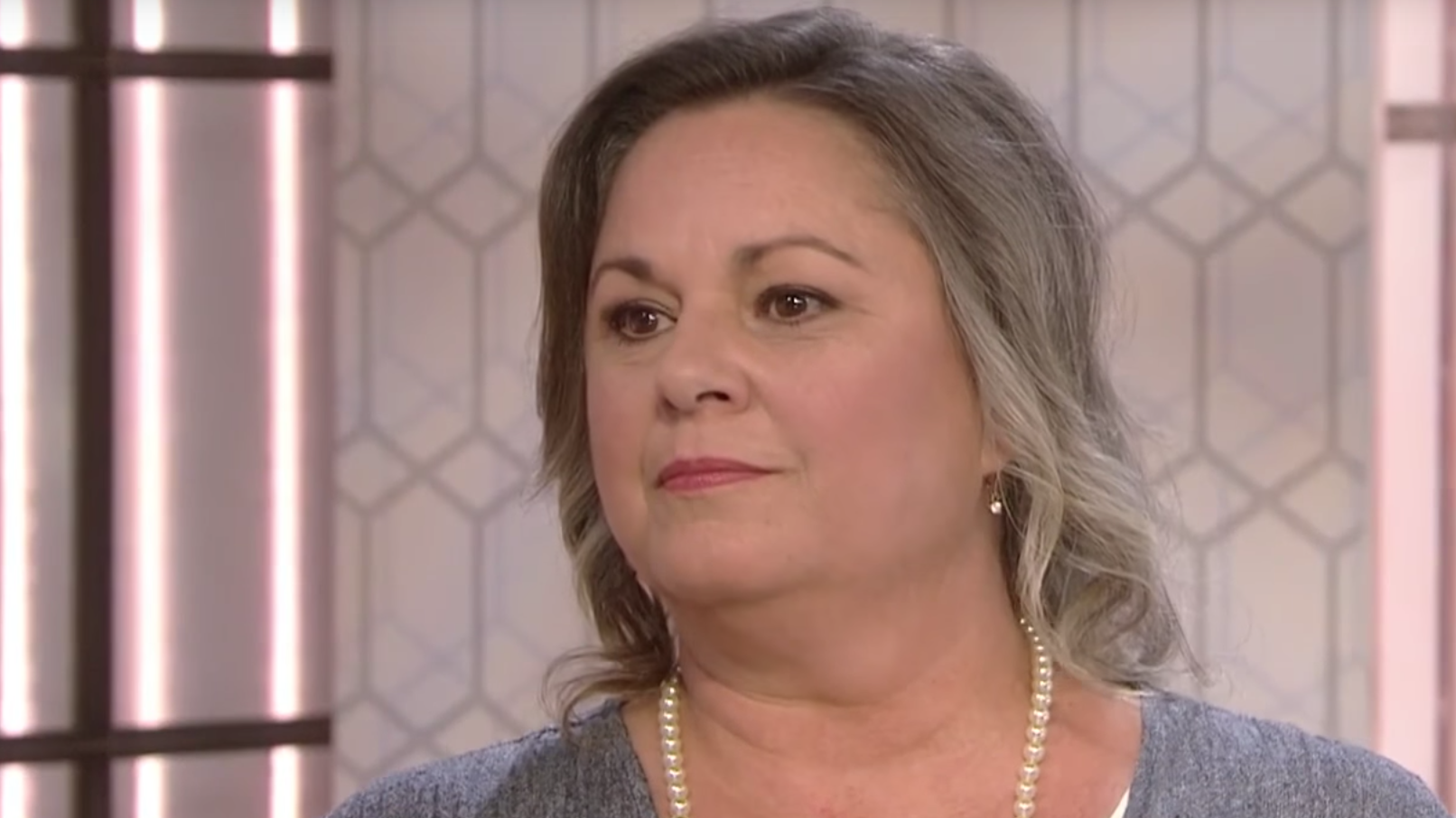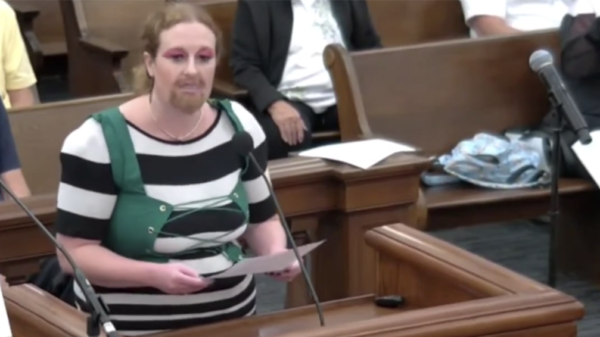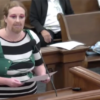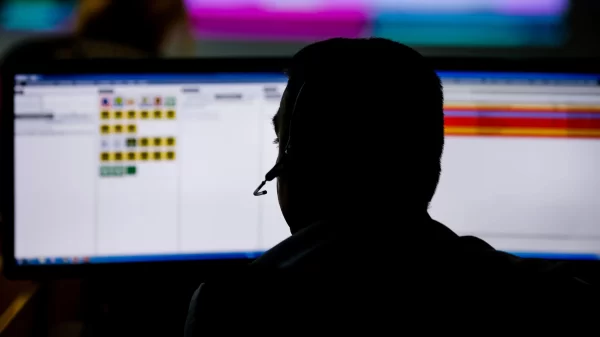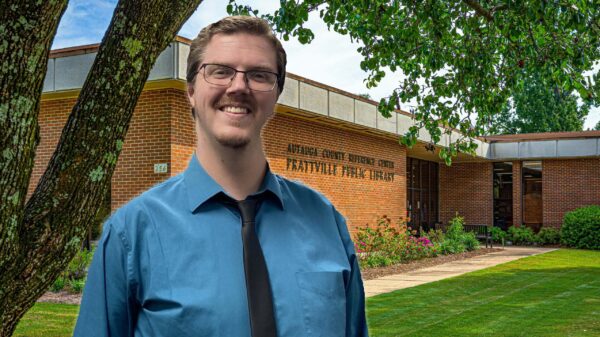Opening statements begin Tuesday in a defamation lawsuit against Roy Moore by Leigh Corfman, who in 2017 accused Moore of making unwanted sexual contact with her when she was 14 years old, when Moore was in his 30s.
Corfman made the allegations in a 2017 interview with The Washington Post, in an article which also detailed other women’s alleged experiences with Moore as teens around the same time period.
The allegations surfaced while Moore was in the thick of running in a special election to represent Alabama in the U.S. Senate.
Corfman filed the defamation suit in 2018 over Moore’s public response to her allegations.
“Since November 2017, defendants Roy Moore and his campaign committee, Judge Roy Moore for U.S. Senate, have defamed Ms. Corfman, repeatedly and in all forms of media, calling her a liar and questioning her motivation for publicly disclosing that Mr. Moore sexually abused her in 1979 when she was a 14-year-old high school freshman and he was a 32-year-old assistant district attorney,” the complaint opens.
Moore has likewise countersued Corfman for defamation for the allegations.
“The statements made by Leigh Corfman were slanderous, libelous and were of such magnitude as to amount to defamation of Mr. Moore,” Moore’s counsel states in the counterclaim. “No evidence other than the self-serving testimony of Leigh Corfman exists to support her contention that she was sexually abused or pursued romantically by Mr. Moore when she was fourteen years of age.”
Opening statements will now begin after counsel for both sides selected a jury Monday.
The jury consists of seven men and five women, as well as four alternate jurors.
Retired Circuit Judge John Rochester told the jury that he expects the case to take 7 to 10 days to complete. The jury will not be sequestered, but the judge cautioned jurors to avoid news coverage of the trial and to avoid even sharing details of the case with family and friends.
When selecting the jury, the counsel dug deeper into the juror’s knowledge of the case as well as their backgrounds.
Jeffery Doss, an attorney for Corfman, asked potential jurors where they got their news, and what they thought about Moore’s 2003 removal and 2016 suspension from the Alabama Supreme Court.
All of the jurors indicated they had at least heard of Moore and about 40 percent of jurors recalled to some degree the accusations made against Moore by Corfman and others.
Four jurors stood when asked if anyone supported Moore before and after the allegations.
Eleven stood to state that they were immediately skeptical of allegations made decades after a supposed incident.
Moore’s positions on controversial issues such as abortion and same-sex marriage also came up during the questioning. No jurors stood to state their opposition to Moore’s position against abortion, but six stood to state their support for same-sex marriage.
Julian McPhillips, Moore’s counsel, asked the jurors if they understood that Moore’s objection over removing the display of the Ten Commandments in the courthouse stemmed not from his disrespect for the law but in his belief in a “higher power.”
McPhillips also highlighted his own ties to the Alabama Democratic Party, asking if any juror had any objection to “a Democrat helping a Republican.”
More than 50 witnesses are listed that could potentially testify in the case.






































